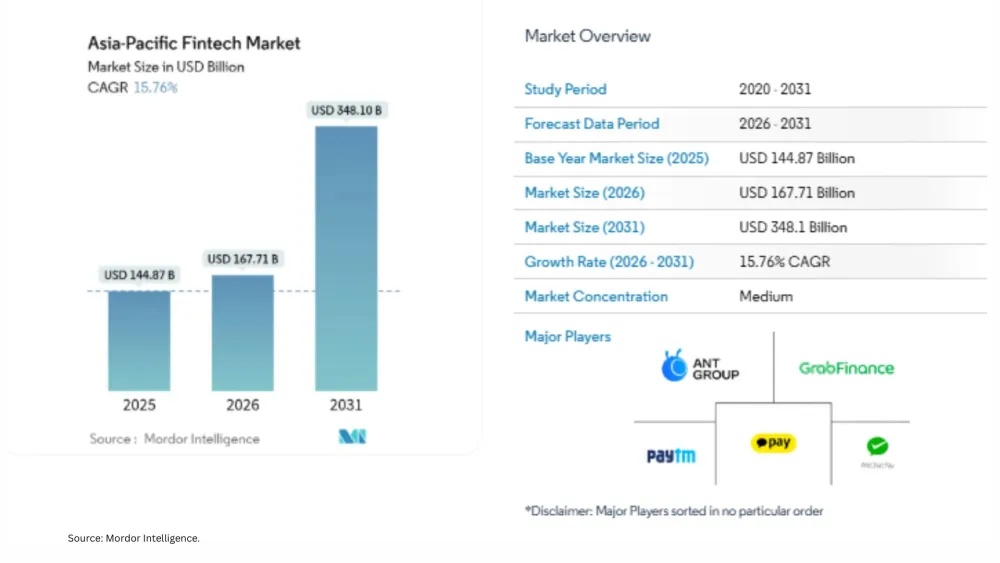Turning the spotlight on the backstage office
By Nick QuinLike any superstar, the front office in financial institutions often hogs the limelight when the firm excels. Nevertheless, everyone knows a good show cannot run without outstanding backstage support.
In recent years, research has shed more light on the overshadowed back office and shown a direct and positive relationship between the benefits of robust technology in the back office and the impact on portfolio performance – which steals the show for top firms.
In a detailed analysis of 61 portfolios over a span of ten years, a whitepaper by Forward Look, Inc. revealed cogent statistics and figures supporting the direct link between operational efficiency and portfolio performance. Profit gains from operational efficiency stands at a competitive edge, gaining 51 to 242 basis points of additional alpha.
Despite the apparent fact that improving operational efficiency almost guarantees a boost in portfolio performance, a large proportion of investment firms in Asia have yet to leverage this opportunity. Instead these firms choose to keep their back office in the Dark Ages. Why is that?
Dim view of pain points
While the market is undeniably growing and investment opportunities abound, the Asian economy is also beset by uncertainties such as volatility and increasing regulations. A recent study by PwC across 117 organisations in Asia revealed that over 50% of corporate treasuries in Asia are kept in the dark with financial approaches which are insufficient for dealing with financial risks and cash and liquidity management that are easily affected by market volatility.
Within an organisation, seemingly innocuous human errors and suboptimal timing add up to result in a dim view of these pain points which are actually detrimental to a firm’s success. Firms need to gear up, strategise, and deploy tools that bring these shady areas to light and enable them to react quickly to market changes for profit maximisation.
Glaring human errors
In the investment management industry, one human error can result in the loss of millions of dollars overnight. Past data have indicated a positive correlation between high growth, an employee’s stress level and inefficiency, where performance delays are more apparent.
Hence, as an emerging market characterised by high rates of growth in assets under management (AUM), a large percentage of potential earnings are slipping through the cracks created by human errors.
A PwC report also pointed out that 50% of 117 organisations are still relying on traditional sources, such as Excel spreadsheets for treasury management. These archaic methods are insufficient given the volatility in the Asian financial market, which necessitates accurate and complete data.
With state-of-the-art technology, which processes update through an automated financial system, investment management firms are able to turn the floodlights on glaring human errors and streamline portfolio management across their front to back office.
Illuminating the costs of suboptimal timing
Suboptimal timing is the root of financial outflow. Consequences of information latency include, but are not limited to, inability to manage securities locates, foreign cash availability, and imbalance of funds, which all are Achilles heels in the investment management industry.
An asset management firm’s deployment of state-of-the-art financial technology can boost operational efficiency and yield a 51-242 bps gain. This competitive edge, however, has not been widely deployed in Asia, where only 32% of 117 financial organisations have real-time information on their cash position.
The preventable and unnecessary performance lag leaves financial organisations vulnerable to loss of profits triggered by the volatile nature of the Asian economy.
Light the path to success
Moving forward, the lack of real-time market information for portfolio managers would compromise subsequent portfolio performance. As with the Forward Look, Inc. study, the inability to pinpoint management faults breeds recurring unresolved issues and hinders potential profit gain.
The financial benefits of an integrated investment management system extends to better executive decisions made in the future. Ready access to underlying data in the financial system enables profile managers to continually identify and remedy inefficiencies in investment operations.
Moreover, comprehensive access and visibility to every step of the investment will allow fund managers to engage in sophisticated risk analysis to prioritise potential performance gains contingent on ROI.
Conclusion
The blind spots in a typical asset management firm are recurring pain points, which hinder operational efficiency and compromise potential profits. While the apparent short-term cost in deploying state-of-the-art technology might deter investment firms, the failure to flip this switch and make the change has proven to be even more costly.
The nature of Asia’s economic climate leaves asset management firms particularly vulnerable to the financial consequences of staying in the dark when it comes to employing the latest technology. Firms must shed light on their overshadowed back office to minimise unwarranted financial losses for brighter portfolio performance.




















 Advertise
Advertise














